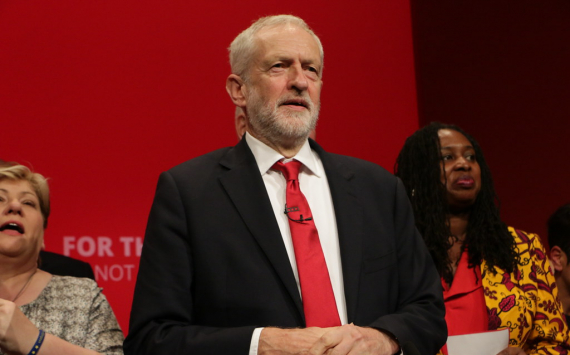
The Corbyn Effect
In a shifting political landscape, Jeremy Corbyn is contemplating launching a new movement to rival Keir Starmer's Labour Party. This initiative aims to address concerns among dissatisfied voters, focusing on key issues to resonate with a broad demographic.
Corbyn's contemplated move comes at a crucial juncture, with friends speculating on the formation of a new political movement aimed at challenging the status quo of the Labour Party. This movement, if launched, holds the potential to tackle various issues that have left segments of the electorate disenchanted.
Clarity and Transition
Insiders intimate that Corbyn's envisaged movement could serve as an "anti-war movement," attracting not only Muslim voters but also those who are deeply troubled by Starmer's recent backtrack on environmental pledges. This shift in focus aligns with growing concerns among voters and ensures a multifaceted approach to addressing grievances.
"Many people are concerned about what's happening in Gaza, and it extends beyond Muslim voters," insiders explained. "It could tap into environmental concerns, with Starmer now backtracking on his commitment to spend £28 billion a year greening the country."
Quotes and Supporting Information
Insiders emphasized that the potential movement transcends demographic boundaries. "Jeremy has a name recognition on the streets that Starmer can only dream of," highlighting a potential advantage that could significantly impact the movement's appeal. The envisioned "anti-war movement" is seen as a unifying force that could resonate across the country, offering a fresh perspective that goes beyond traditional party lines.
Unique Selling Points
Corbyn's name recognition, coupled with the resonance of the "anti-war movement," stands out as unique selling points. This combination positions the potential movement as a formidable force, drawing attention to the distinctive qualities that set it apart from existing political entities.
Previous Controversy
Corbyn, previously barred from standing as a Labour candidate due to an antisemitism row during his leadership, is now speculated to run as an independent in his Islington North seat at the next election. This strategic move is seen as part of a broader consideration, potentially leading to the launch of a new political party.






